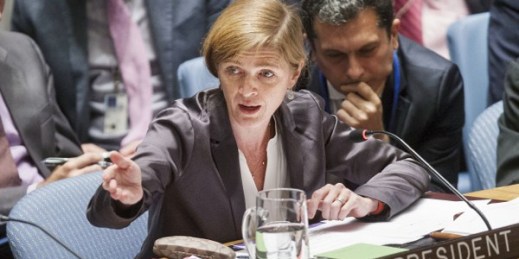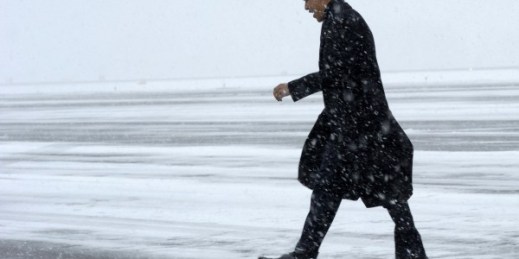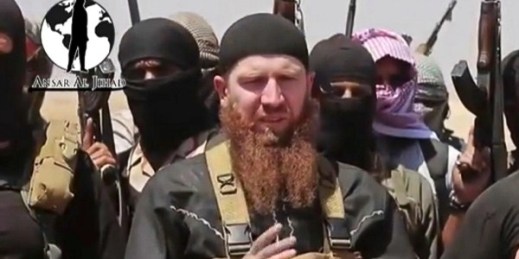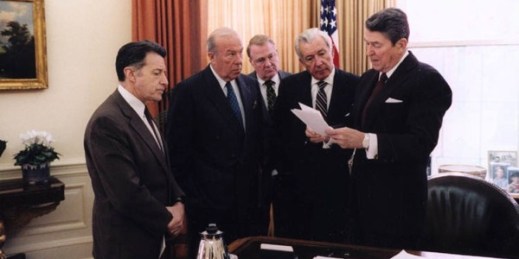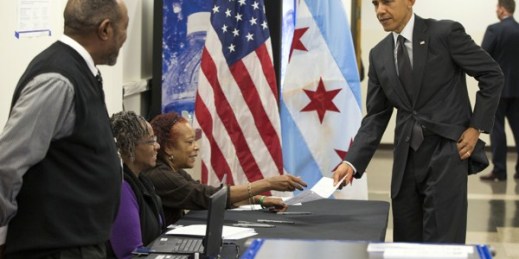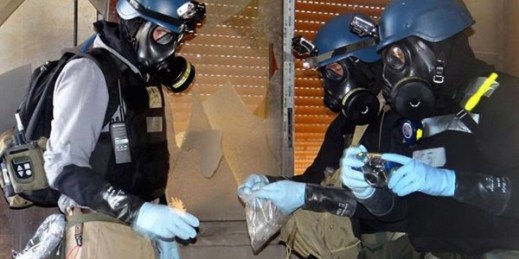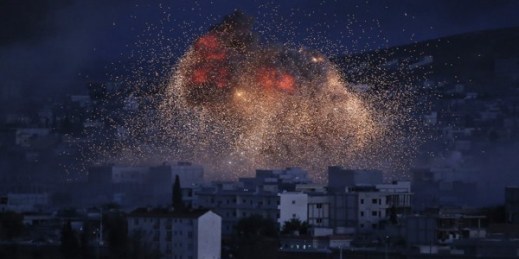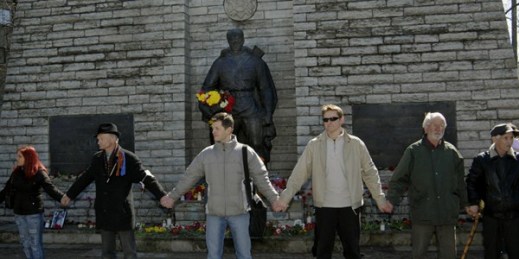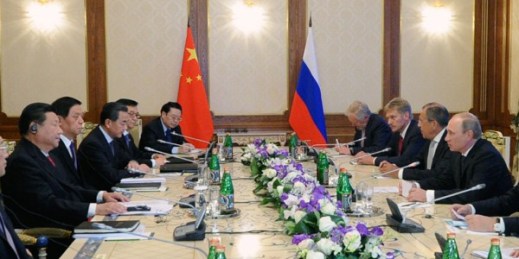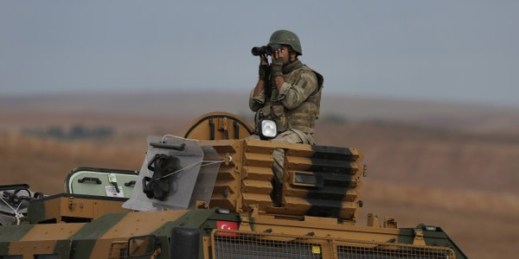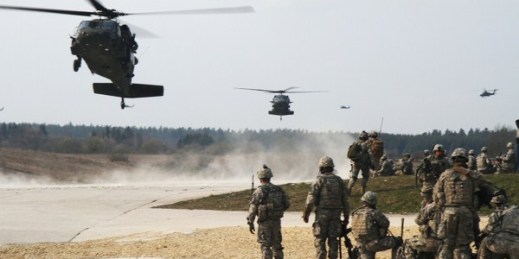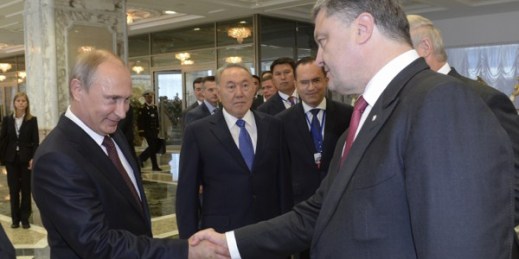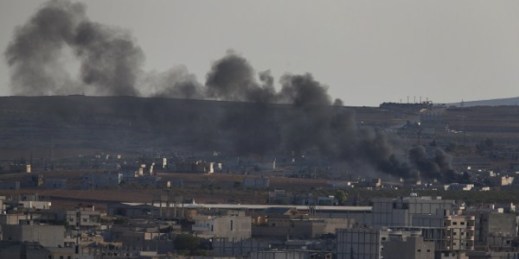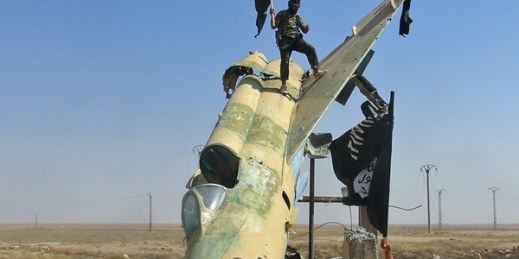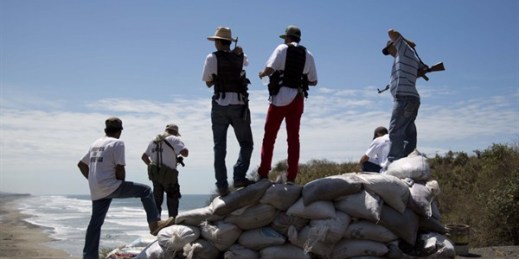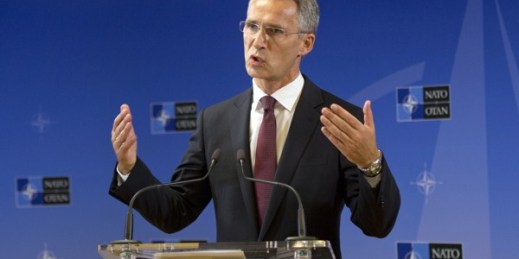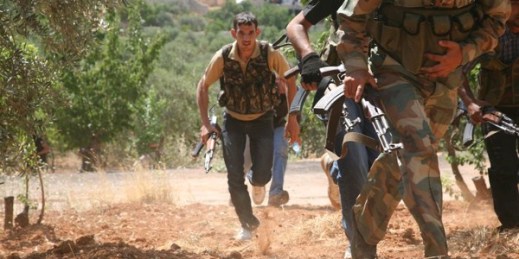
U.S. President Barack Obama’s strategy to counter the so-called Islamic State (IS) in Syria and Iraq has three central components: pressuring the Iraqi government to change its policies that fuel support for IS and to rebuild its military; conducting U.S. airstrikes to weaken IS and prevent it from gaining an outright military victory; and training and equipping militias to fight IS on the ground, including Kurdish forces in Iraq and Syrian rebels. All of these components are shaky to one extent or another, but the third is the most precarious of all, reflecting the Obama administration’s desperate effort to balance […]

